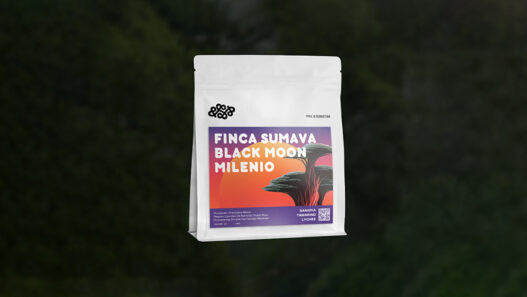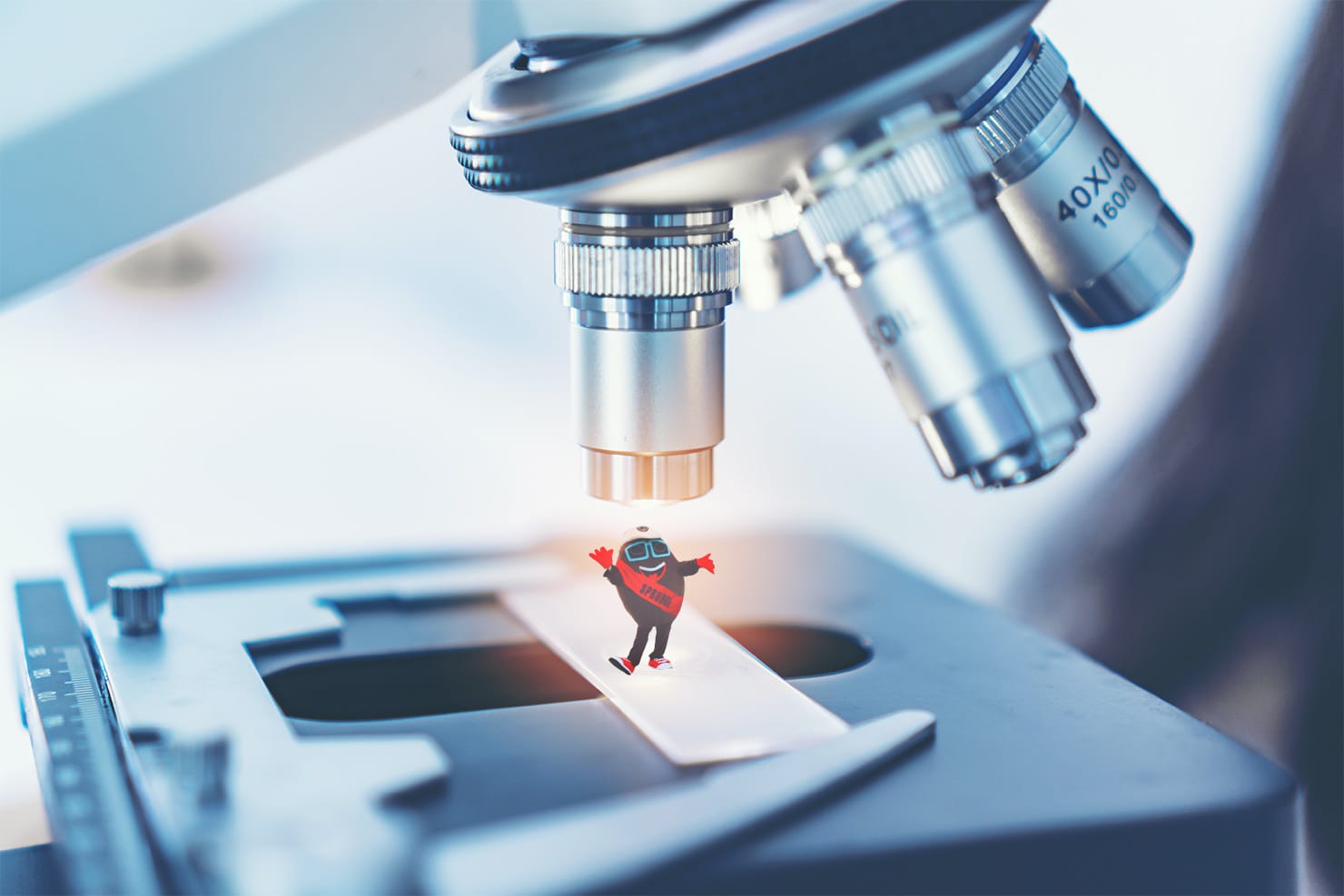The healthfulness of drinking coffee is a frequently studied subject, covered frequently over the years here on Sprudge. A vast majority of that research relies on participants to self-report their daily coffee consumption, which is a less than perfect collection method; folks may not drink the same amount everyday, what constitutes a cup of coffee may vary from person to person, or, for whatever reason, they may misreport their habits. Nonetheless, self-reporting has been the best tool available for comparing coffee consumption habits to its health impact.
Until now. Researchers from Germany’s Leibniz Institute for Food Systems Biology at the Technical University of Munich (LSB) have identified three metabolites that could serve as specific biomarkers for coffee consumption in an individual.
Published recently in the journal Food Chemistry, researchers set out to find if coffee consumption resulted in any measurable metabolites, substances created when the body breaks down food, drinks, drugs, etc. For their study, they honed in on atractyligenin-2-O-β-d-glucoside, a water soluble substance that of which “Arabica roast coffee contains a substantial amount.”
To examine how the coffee broke down, researchers took urine samples from six coffee drinkers who had consumed 400ml of coffee three hours prior and examined them through a variety of methods on a molecular level: “MS-guided liquid chromatographic fractionation… nuclear magnetic resonance (NMR), and time-of-flight mass spectrometry.” Ultimately, the discovered four specific metabolites, three of them appearing in all six samples and a fourth in four of six.
Phys.org notes that these three metabolites are significant because they are “degradations products of a group of substances that are formed in large quantities during coffee roasting but are otherwise rarely found in other foods.” In short, they appearance is cause by coffee consumption and little else. They also have the benefit of being detectable in very small amounts in urine.
Put in the context of scientific studies, these biomarkers give researchers quantifiable evidence of coffee consumption, a far more reliable source than self-reporting. Soon enough, we may start to see more than observational and/or correlative findings for the healthfulness of coffee—all thanks to pee.
Zac Cadwalader is the managing editor at Sprudge Media Network and a staff writer based in Dallas. Read more Zac Cadwalader on Sprudge.

























